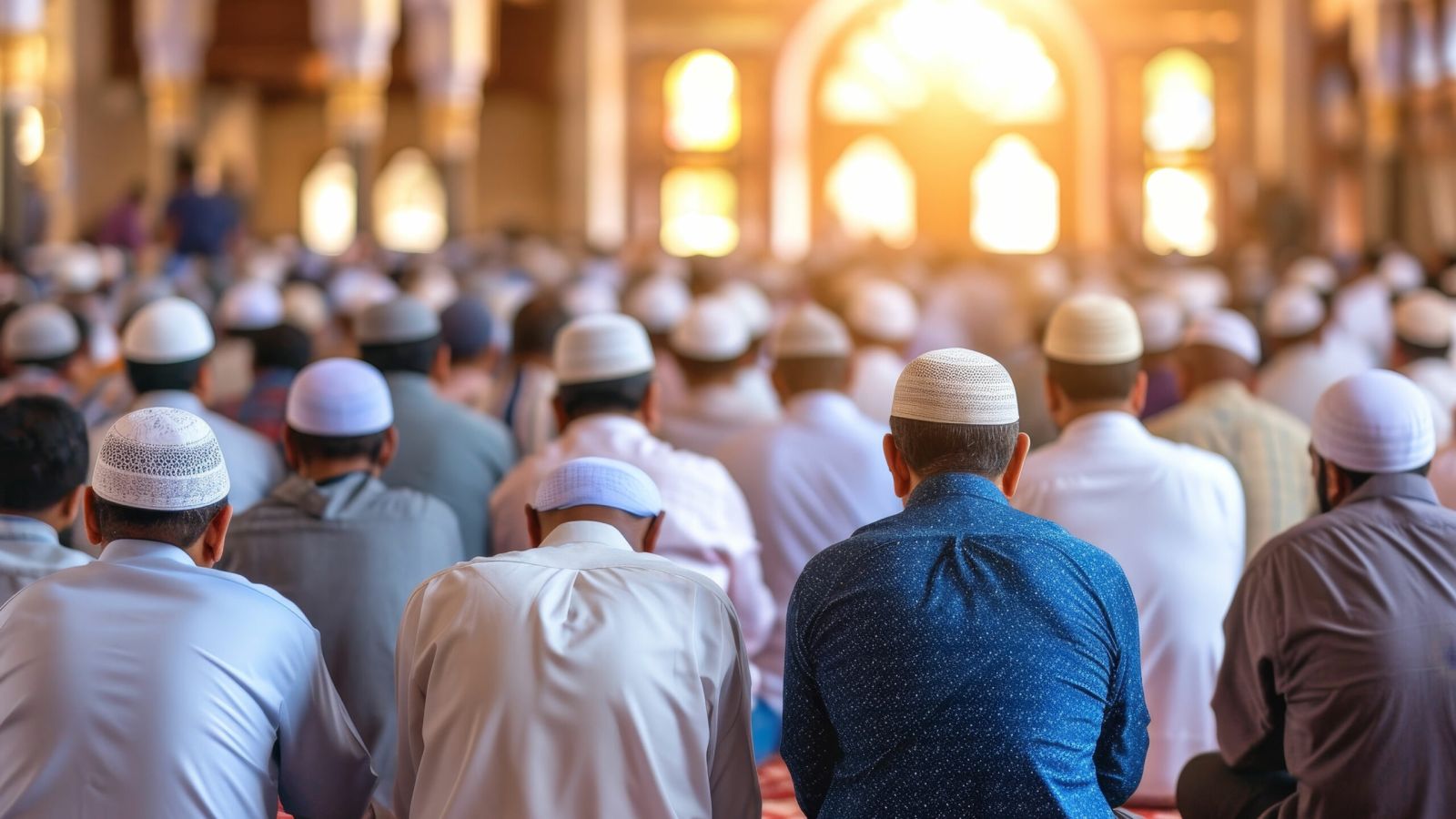The True Believer Enjoys the Blessings of Allāh in This Life and in the Hereafter
Imām ʿAbd al-Raḥmān ibn Nāṣir al-Saʿdī


On the authority of Ibn ʿAbbās (رضي الله عنهما), the Prophet (صلى الله عليه وسلم) said to a man while exhorting him: “Seize five things before the occurrence of five: Your youth before you reach old age, your health before you are afflicted with sickness, your free time before you are taxed with busyness, your wealth before you become destitute, and your life before death reaches you.”1
Imām ʿAbd al-Raḥmān ibn Nāṣir al-Saʿdī (d. 1391 AH) comments:
When the servant of Allāh truly gains recognition of the purpose of the blessings that have been bestowed upon him, and the fact they all represent means to the attainment of varying forms of goodness in the hereafter, then the servant will have combined between two matters: true enjoyment of those blessings in this life, and benefitting from the associated forms of goodness that result from those blessings in the hereafter. Thus, he fulfils both the obligatory and recommended rights of those blessings. For it is only then that these things are representative of true blessings—both in one’s religion and their worldly life.
This is contrary to the state of those who have turned away from that which has been disseminated in this shariʿah. Those who enjoy the blessings they have been granted like livestock, using it based solely on their own animalistic desires. In regards to them, these blessings will fade quickly, imminent in their departure, leaving them with nought but grief and regret.
The first category of people share the same worldly enjoyment as them, but perhaps surpass them due to the tranquillity they feel in their hearts, and the calmness of their souls, being free of anxiety, restlessness and greed.
As for catastrophes, the creation must undoubtedly experience them. No one shall ever be safe from being afflicted by them. Thus, the wise Legislator has made preparations for its coming—guiding servants towards patience and submission while harbouring expectations for a resulting reward. Such that they do not meet these afflictions with apprehension, cowardice, and weak constitutions. Rather, they show forbearing strength, while putting their trust in Allāh and possessing truthful īmān. In so doing, these afflictions are made easy, the difficulty associated with them is trivialised. As a result, the servant attains reward and increases in īmān many degrees more than the difficulty associated with the catastrophe that befell him. The Most High said:
وَلَنَبْلُوَنَّكُم بِشَيْءٍ مِّنَ الْخَوْفِ وَالْجُوعِ وَنَقْصٍ مِّنَ الْأَمْوَالِ وَالْأَنفُسِ وَالثَّمَرَاتِ ۗ وَبَشِّرِ الصَّابِرِينَ ﴿١٥٥﴾ الَّذِينَ إِذَا أَصَابَتْهُم مُّصِيبَةٌ قَالُوا إِنَّا لِلَّهِ وَإِنَّا إِلَيْهِ رَاجِعُونَ ﴿١٥٦﴾
“And certainly, We shall test you with something of fear, hunger, loss of wealth, lives, and fruits, but give glad tidings to al-Ṣābirīn (the patient ones). Who, when afflicted with calamity, say: “Truly! To Allāh we belong and truly, to Him we shall return.””
(Al-Baqarah, 2:155-156)
إِنَّمَا يُوَفَّى الصَّابِرُونَ أَجْرَهُم بِغَيْرِ حِسَابٍ ﴿١٠﴾
“Only those who are patient shall receive their rewards in full, without reckoning.”
(Al-Zumar, 39:10)
إِن تَكُونُوا تَأْلَمُونَ فَإِنَّهُمْ يَأْلَمُونَ كَمَا تَأْلَمُونَ ۖ وَتَرْجُونَ مِنَ اللَّهِ مَا لَا يَرْجُونَ ۗ
“If you are suffering (hardships) then surely, they (too) are suffering (hardships) as you are suffering, but you have a hope from Allāh (for the reward, i.e. Paradise) that for which they hope not.”
(Al-Nisāʾ, 4:104)
So observe these wise directives to the path of righteousness from among the guidance disseminated by this sharīʿah that show one the way in which blessings, happiness, catastrophe and injury should all be met. Look at the way hearts afflicted with these catastrophes find tranquillity, the attainment of a peaceful life, wherein goodness is achieved, hoped for in the future, in a state of continuous benefit. For how surprising is the affair of the believer: Indeed, there is goodness in all of his matters. If a matter of happiness occurs for him, he shows gratitude and there is goodness for him in it. If that which harms him occurs, he shows patience and there is goodness for him in this as well. This does not occur except for the believer.
So where is this elevated, majestic state in comparison to the state of those who have turned away from this religion? The ones who, when they attain a blessing, they recklessly and vainly utilise it, jovially and mirthfully enjoying it as a wild animal does. Using it to subjugate other servants of Allāh, overstepping boundaries, dominating, and oppressing them. Then, when afflicted with an occurrence that is hateful to them, they immediately fall into sadness, despair, anxiety, depression and weakness. Their state may even drive some of them to commit suicide, due to their lack of patience, restlessness and despair that they find themselves unable to wether.
We ask Allāh for pardon.
Endnotes:
[1] Authentic: narrated by al-Ḥākim: 7846 and Ibn Abī Shaybah: 34319 and graded authentic by Shaykh al-Albānī in Ṣaḥīḥ al-Jāmiʿ: 1077 and Ṣaḥīḥ al-Targhīb wa al-Tarhīb: 3355.
Source: Al-Dīn al-Ṣaḥīḥ: 11-12
Translated by: Riyāḍ al-Kanadī
















